When it comes to hollow servo motors, it may be difficult for non-professionals to accurately understand what this device is, its purpose, and how it is used. However, given the wide range of applications for hollow servo motors, it is necessary to understand their characteristics and advantages, and compare them to the commonly seen stepper motors, in order to provide you with a more intuitive and vivid understanding of the advantages of hollow servo motors.
1) What are the advantages of servo motors?
So, compared to stepper motors, what are the advantages of hollow servo motors? In fact, hollow servo motors have significant advantages not only compared to stepper motors, but also compared to other general-purpose motors. The most common and widely used general motors, due to inertia, continue to rotate slightly after power-off and then gradually slow down before coming to a complete stop.
This is the first major advantage of hollow servo motors. By implementing closed-loop control of position, torque, and speed, hollow servo motors can immediately stop rotating after power-off, resulting in improved accuracy. While stepper motors can also control the issue of continued rotation due to inertia after power-off, they suffer from the problem of missed steps. Therefore, hollow servo motors not only improve accuracy but also solve the issue of missed steps in stepper motors.
2) The application areas of servo motors require higher work efficiency
Additionally, the application areas of hollow servo motors require higher work efficiency, which in turn demands higher rotational speeds. The high-speed performance of hollow servo motors surpasses that of ordinary motors, with typical rated speeds reaching 2000 to 3000 rotations per minute. This undoubtedly greatly enhances work efficiency. Adaptability and responsiveness are essential for improving work efficiency with hollow servo motors.
Responsiveness refers to the improved dynamic response time of hollow servo motors during motor acceleration and deceleration, greatly reducing reaction time to within tens of milliseconds. Adaptability refers to the strong overload capacity of hollow servo motors, capable of withstanding loads greater than three times the rated torque.
Lastly, for the application areas of hollow servo motors, reliability is crucial. The stability and comfort of operation for hollow servo motors are optimal. Therefore, it can be said that hollow servo motors possess unparalleled advantages compared to other motors, just as Hammerner, with its unmatched service attitude and product quality, is trusted by consumers.
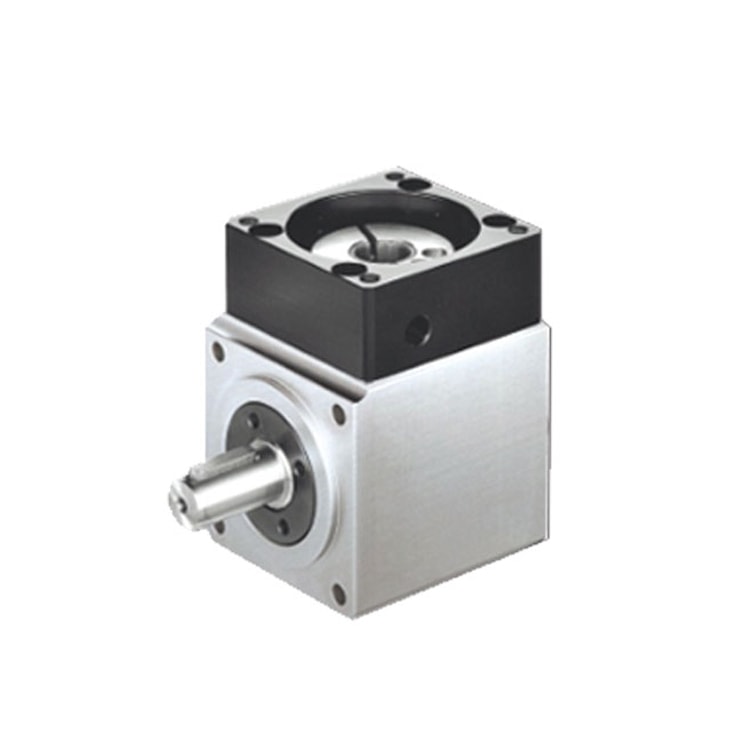
(FUBAO Servo motors)
 English
English Deutsch
Deutsch Русский
Русский Español
Español
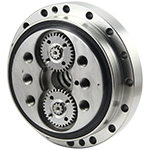
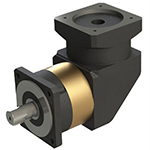
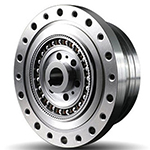
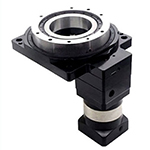
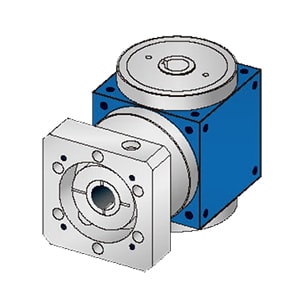
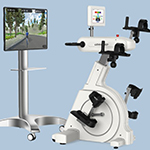
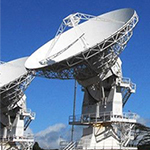
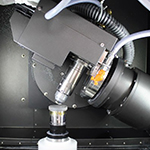
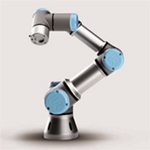
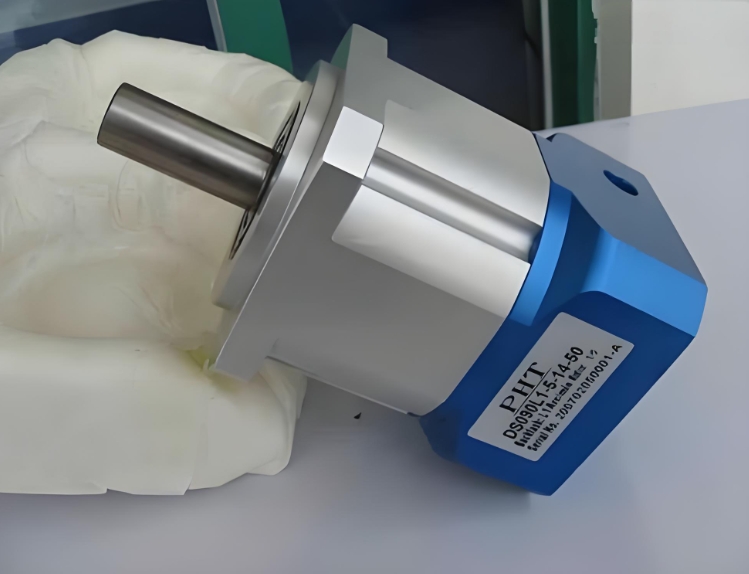
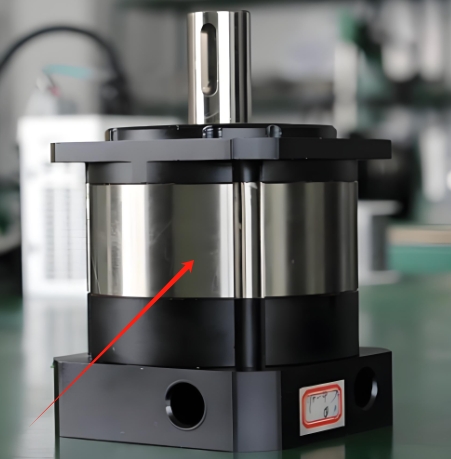
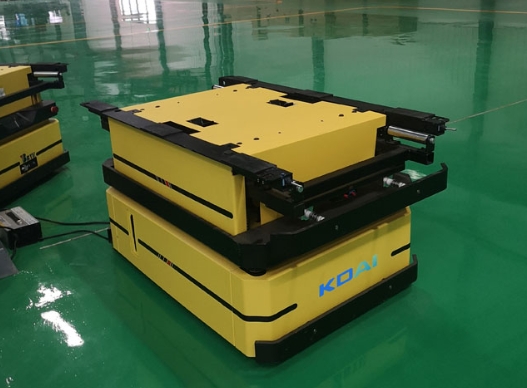
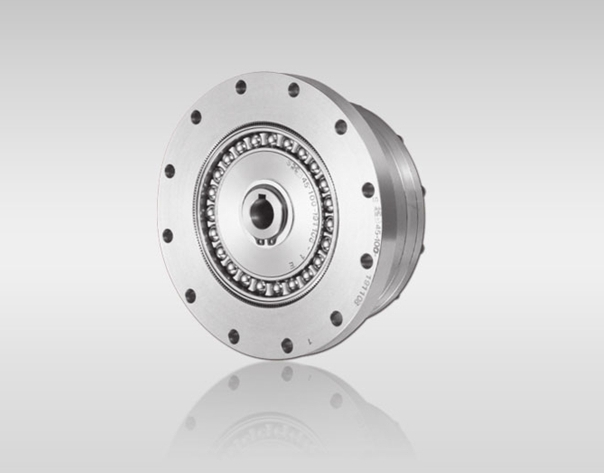
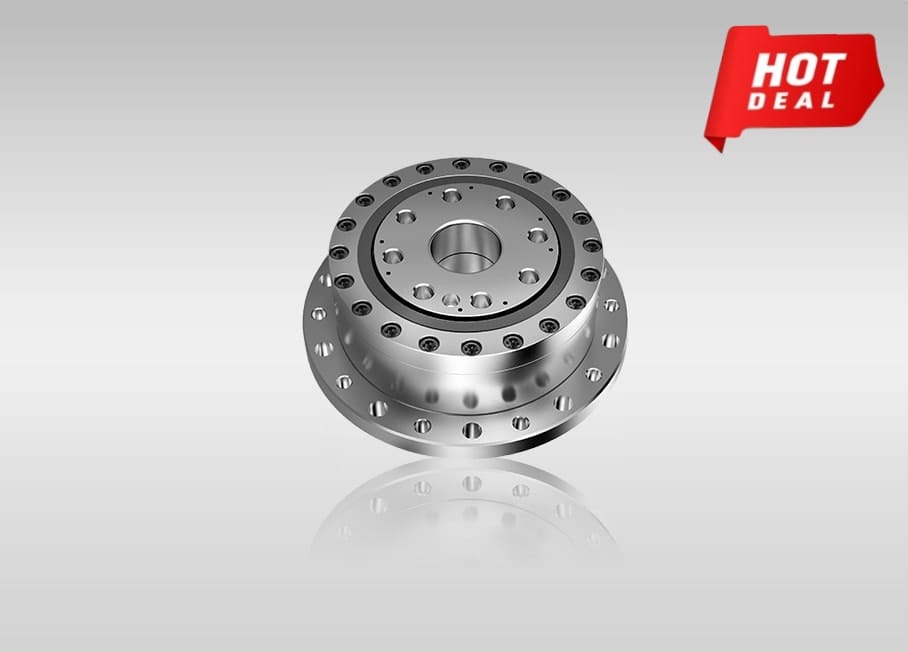
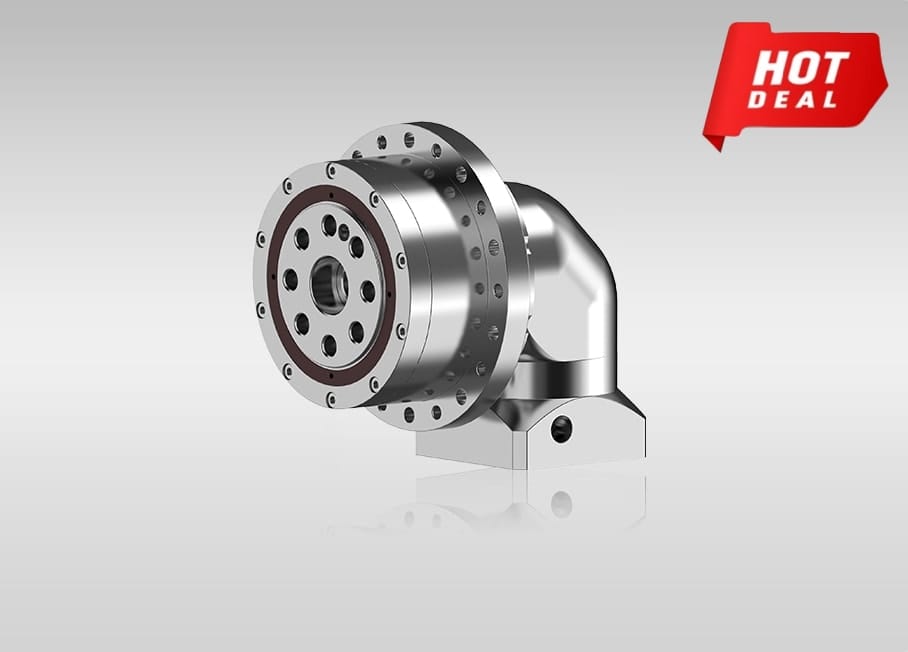
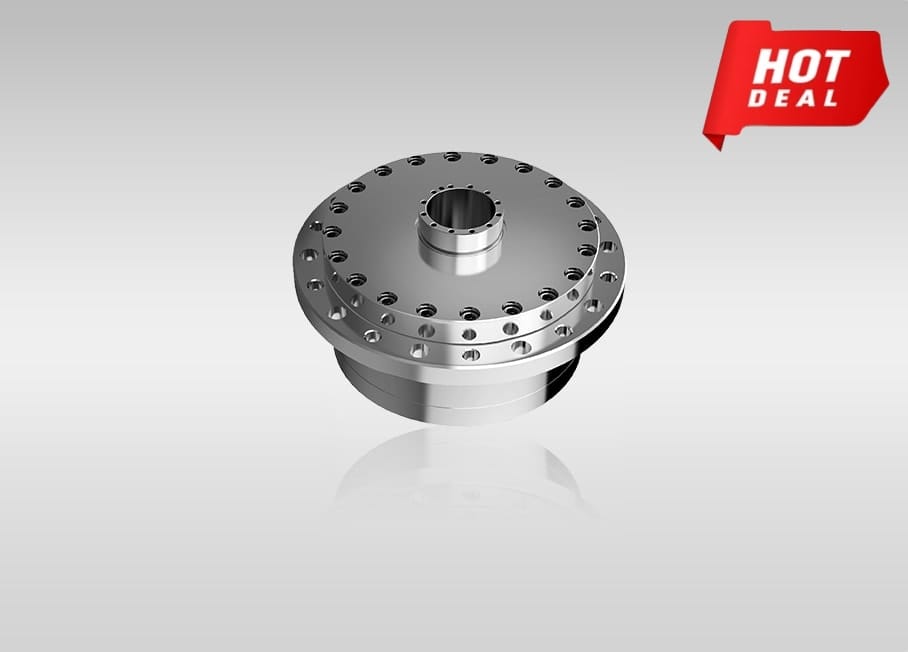
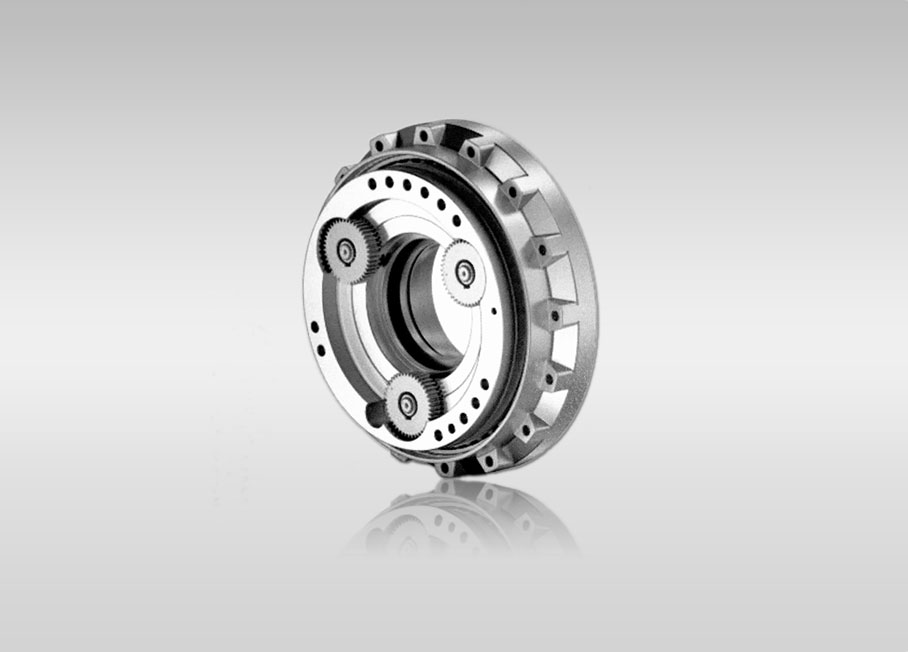
Quote Now